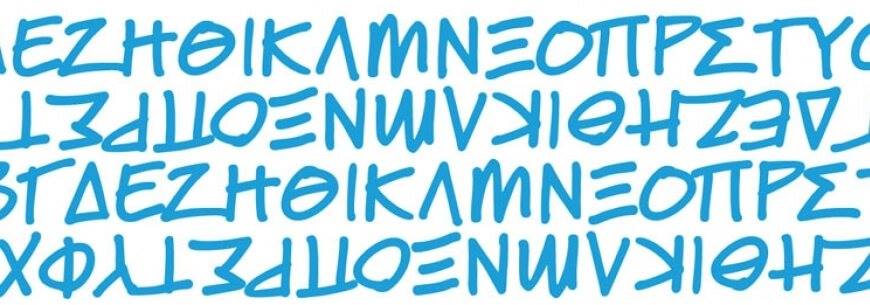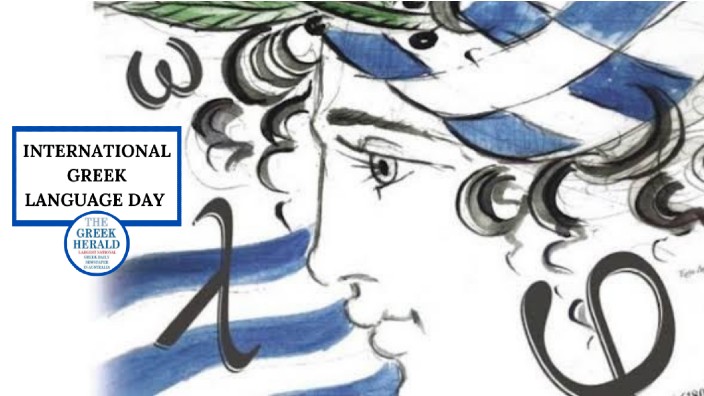Greece has produced some of the most influential figures in human history, including philosophers like Plato and Socrates, scientists such as Aristotle and Hippocrates, and leaders like Alexander the Great.
But even if you’re a whiz in Greek history, how much do you know about the Greek language? Here are our top five surprising facts about our native tongue!
1. The word ‘alphabet’ comes from the first two letters of the Greek alphabet:
The first two letters in the Greek alphabet are alpha (α) and beta (β). Therefore, even though English uses Roman letters, the word ‘alphabet’ actually refers to Greek characters.
2. The longest word to appear in literature is Greek:

It’s said that the longest word ever to appear in literature is found in Assemblywoman, a play written in 391 BCE by Greek playwright Aristophanes. It has a whopping 171 letters and refers to a fictional dish consisting of several different types of meat.
It is: λοπαδοτεμαχοσελαχογαλεοκρανιολειψανοδριμυποτριμματοσιλφιοκαραβομελιτοκατακεχυμενοκιχλεπικοσσυφοφαττοπεριστεραλεκτρυονοπτοκεφαλλιοκιγκλοπελειολαγῳοσιραιοβαφητραγανοπτερύγων.
Can you pronounce it?
3. Greek is the oldest recorded living language:
The Greek language is derived from Proto-Greek, the first form of Greek spoken during the 3rd millennium BC. It later evolved into Ancient Greek, which was spoken during the Antiquity. Modern Greek emerged after the fall of the Byzantine Empire in 1453. Greek is the oldest recorded living language, with written records spanning over 34 centuries.

4. Greek was originally written from right to left:
Ancient Greek, like modern-day Hebrew and Arabic, was written from right to left. It then went through a period of boustrophedon, meaning that lines alternated between right-to-left and left-to-right script. Nowadays, it’s written only from left to right.
5. The Greek question mark looks like a semicolon:
Greek uses a different alphabet from English, and even the punctuation is different. Indeed, the Greek question mark is a semicolon (;).
Sources: Listen and Learn blog and Cactus.

